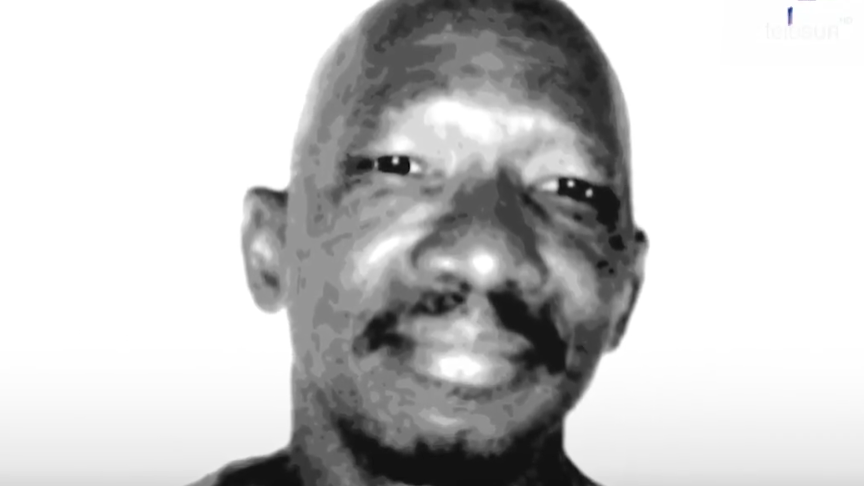Robert Seth Hayes, a former Black Panther and founding member of the Black Liberation Army, has died at the age of 72, Democracy Now reports.
Hayes was sentenced to prison in 1973 for the shooting of New York Transit police officer Sidney Thompson. Reports vary as to what exactly happened that resulted in the officers death, but Hayes vehemently denied any participation. Still, he was convicted and sentenced to 25 years to life. In 2018, he was finally paroled after 10 failed attempts despite having a clean disciplinary record in prison.
Many believed that the parole denials were in direct response to Hayes' Black Panther involvement.
Hayes' political anti-government activism was, ironically, spawned by his military service. The son of postal workers, the New York native was drafted into the Vietnam War. Hayes was wounded and awarded a variety of military awards that included the Purple Heart, the National Defense Service Medal and the Vietnam Service Medal. But he found his consciousness change as the growing fight for civil rights was often met with government resistance.
After Dr. Martin Luther King Jr.'s assassination in 1968, Hayes’ troop was ordered to patrol city streets with fixed bayonets and threaten any potential rioters and community members.
“It was the saddest day of my life,” Hayes recalled. “And I could never identify again with the aims of the armed forces or the government.”
After his military service, Hayes was compelled to engage in programs he felt benefited the Black American community and focused on Black liberation. The Black Panther Party's free medical clinics and free breakfast programs aligned with those ideals. Once the Black Panther Party's numbers began to decrease, due in large part by FBI efforts to disband the organization, the Black Liberation Army was created as an underground means of dissension.
Hayes continued his involvement in community service even while jailed, working as a librarian, pre release advisor and AIDS councilor. When he was diagnosed with Hepatitis C and adult onset Diabetes in 2000 he frequently stated he was not receiving proper health care in prison and appealed to be paroled to live out his last years in freedom.
“I just want to do good,” Hayes told The New York Post while seeking parole. “I promise repentance.”
Thompson's family were vocally against Hayes release.
“He’s saying he’s sorry? That’s hard to believe,” said Steven Thompson, who was six years old when his father Sidney was slain.
Police associations across the country also voiced their frustration and disapproval.
“It is a travesty that yet another murderer who killed a member of law enforcement in cold blood will be turned loose on the streets to reintegrate with the public, whom his victim gave his life to protect,” said Michael Powers, president of the New York State Correctional Officers and Police Benevolent Association.
“If Gov. Cuomo truly is serious about criminal justice reform, he must start by fixing a broken parole system that would allow such a sinister killer to go free,” Powers said about the then New York governor.
Hayes also went on record to commend the nonviolent protest that Colin Kaepernick made famous. Indicating that even though he had some regrets with his execution, he never regretted using his voice for community advancement.
“It’s not a violent way, but a boisterous way,” he said. “Had I thought about it, I would have made better decisions."
Hayes was considered by many to be a political prisoner.
His case and legal conviction mirrored many Black civil rights activists' wrongful or suspicious convictions that were prevalent in the 1960s and 1970s. Fellow Black Liberation Army (BLA) member Assata Shakur's circumstances are strikingly similar. In May of 1973, Shakur and two other BLA members were pulled over by New Jersey state troopers for an alleged faulty tail light. What happened next found one BLA member and one trooper killed. Another trooper, along with Shakur, were wounded at the scene. Shakur was convicted on one murder charge and sentenced to life in prison but escaped prison and famously resurfaced in Cuba after Fidel Castro granted her amnesty. Even in his last years, Hayes believed in community.
“My mother taught me to visualize family universally, not individually," Hayes wrote.
